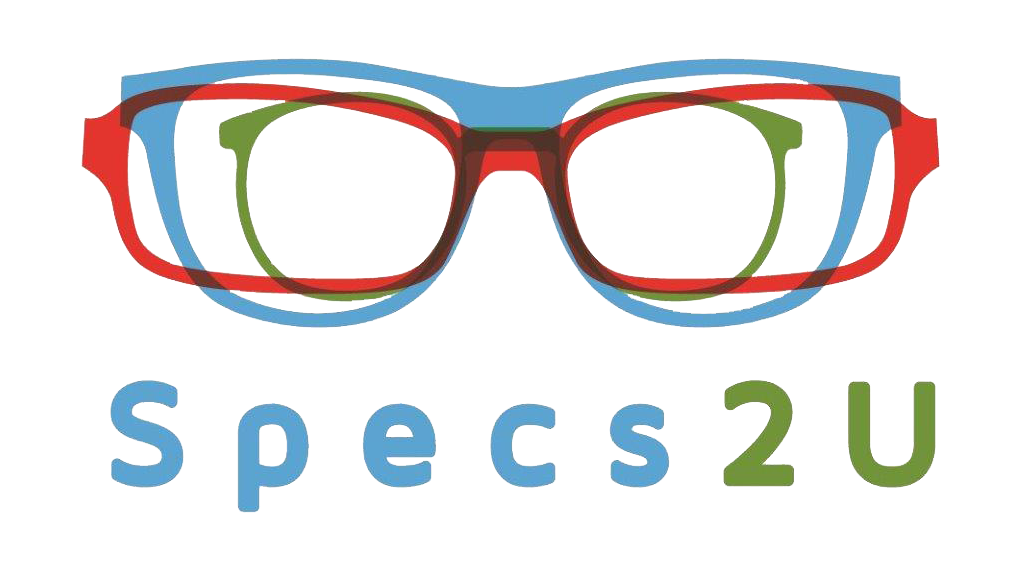dyslexia & irlen Syndrome
Specs2U always aims to be at the cutting edge when it comes to looking after its customers and offering solutions to meet the toughest optical challenges.
Two of these include dyslexia and Irlen Syndrome.
Dyslexia
It is estimated that around 10% of the UK population are dyslexic and 4% severely dyslexic. That’s more than 6.3 million people in the UK alone.
Dyslexia is defined as a learning difficulty that affects the literacy skills, such as writing, reading, and spelling.
Those who are diagnosed with dyslexia often finds it difficult to see or hear a word and break it down into separate sounds to associate to each sound and letter that make up the word. Though, aside from that, people with dyslexia also struggle in other areas, such as the ability to concentrate, short-term memory, personal organization, time management, and the ability to differentiate left from right.
Irlen Syndrome
Irlen Syndrome is a perceptual processing disorder. It is not considered an optical problem, but rather a problem with the brain’s ability to process visual information. The solution is usually to provide glasses or plastic overlays with coloured tints to help sufferers.
Recomendations
Specs2U have been using a special lens which has proved very useful in addressing these conditions. Customers who have tried the lens say it has significantly helped them to read and focus (and that they have found it much easier to work as a result).
This specialist lens comes with or without prescription and is also clear – so no tints are required. Not only does the lens cost considerably less than the Irlens coloured lenses, it really suits children (and adults) who may be self-conscious about wearing coloured lenses in the classroom or work environment.
If you’d like to know more, e-mail us at specs2uinfo@gmail.com or call in at our Huyton branch to discuss how we can help you.
Positive feedback
A customer studying at Sheffield University has worn Irlens lenses for 3 years. He came into the branch and tried the specialist lens. He told us that the lens performed just as well (indeed slightly better) than his current Irlens coloured lens and – importantly to him – looked like a normal pair of glasses. He insisted on buying a pair straight away so he could get them in time for the new term at university and reports back show that he is more than happy with the performance of the lens. He no longer wears his coloured Irlens lenses and has come back recently for another pair of specialist lenses as a spare..
positive feedback
A female customer has lived with dyslexia for 61 years. She came for an eye test and informed us that she was dyslexic. We tried the specialist lens on her and the feedback was very positive. She felt that reading was suddenly much easier and she also found that colours that normally ‘jumped’ seemed flatter and. In her words,‘better behaved’. Her only regret was that the lens was not available earlier.
positive feedback
Two students at the same school came within 3 days of each other to trial the specialist lens. One had a lens with no prescription, one with her prescription added. Both had different degrees of dyslexia (one mild, one significant) and both said they found the lens significantly helped with reading.



